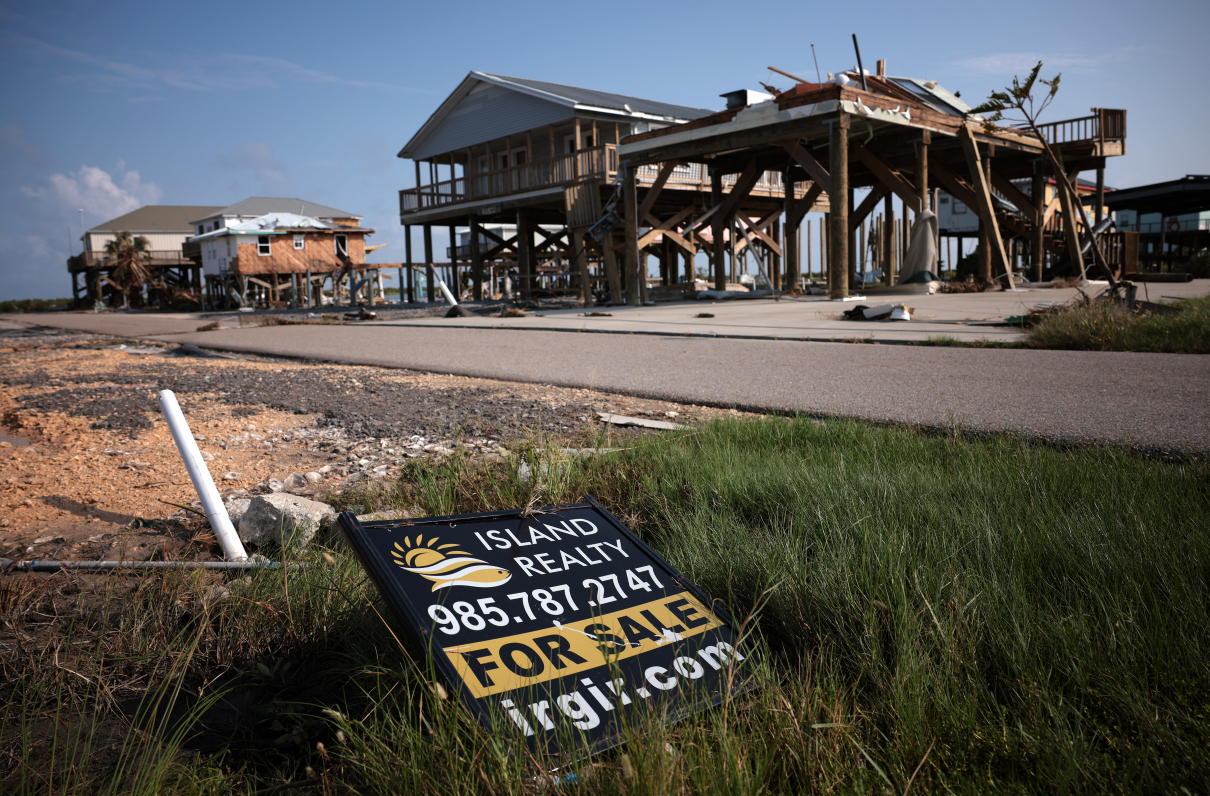As a large swath of the nation recovers from wind and flood damage brought about by Hurricane Ida and its remnants, some risk further financial problems at the hands of opportunistic scam artists.
Are you looking to repair or replace items after the storm? Or are you looking for a way to help fellow veterans, military members, and others who’ve suffered? Take a quick look at these nine tips below, courtesy of agencies like the Federal Trade Commission (FTC), the Federal Communications Commission (FCC), and other sources:
1. The ‘Partner’ Problem. Scammers may not risk impersonating your insurance company, but some may pretend to be affiliated with your provider as a way to prompt you to give up personal information attached to your policy. Some contractors may claim affiliation with various companies to help legitimatize their sales pitch. Never give your insurance details to any providers outside your insurance company.
2. Hang Up, Call Back. If you’ve received an unsolicited call from someone claiming to represent your insurance agency or a familiar charity, it could be a bad actor relying on brand identification to gain your confidence. If there’s any doubt, simply hang up and call back using the number on your insurance policy or on the charity’s official website.
[RELATED: Scammers Cost Military Retirees and Veterans $68 Million Last Year]
3. Caller ID Confusion. Another reason to consider a callback: Sophisticated scammers may add legitimacy to their insurance fraud attempt or fake charity plea by tricking your phone’s caller identification into displaying something other than “Spam” or “Unknown Number.” Be aware that these programs aren’t 100% reliable, and don’t provide personal information until you’re sure you know who’s on the line.
4. Crowdfunding Concerns. Friends or relatives may launch crowdfunding pages seeking support for disaster recovery, and you may want to pitch in. But beware of random stories designed to make emotional pleas separating you from your cash.
5. Check Your Options. Before taking out a high-interest loan or making other financially risky moves, be sure you’re not eligible for disaster-related help from the Small Business Administration, the Federal Emergency Management Agency (FEMA), or other providers. Get some links from the FTC.
[AT TRICARE.MIL: Disaster Declarations and Information]
6. Cash Isn’t King. Any contractor seeking payment in cash, gift card, or wire transfer is raising an immediate red flag. And watch for those seeking all or most of the money for a repair job upfront – this could be in violation of state laws regarding down payments.
7. Federal Imposters. Per the FCC, any legitimate federal workers who visit your home will have ID ready to show on request and will not ask for money.
8. Do Your Part. Report scams to the FTC, the Better Business Bureau, or other applicable groups or agencies. You can call the FEMA Disaster Fraud Hotline at 1-866-720-5721.
9. Donate Safe. Unsure how to help? Service-specific relief agencies always need donations to assist servicemembers and the wider military community with needs related to natural disasters and other financial matters. This list of links compiled by MOAA in the wake of 2018’s Hurricane Florence has all the information you’ll need.
The Smart Money’s on MOAA
Making sound financial decisions is not always as simple as we would like. PREMIUM and LIFE members can access MOAA's Financial Planning Guide, as well as speak with a MOAA financial expert for additional assistance.

